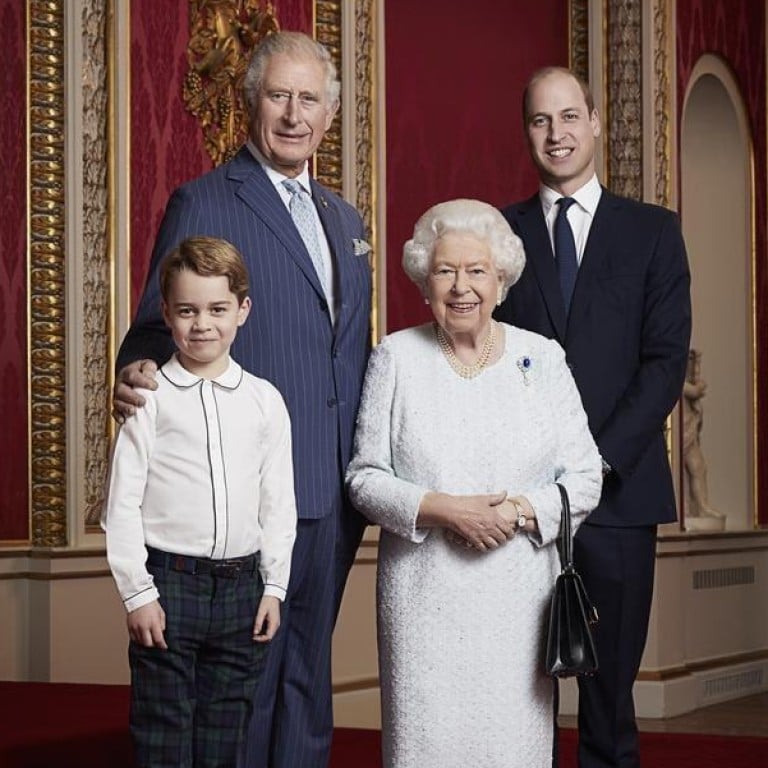Advertisement
Advertisement
Advertisement
10 laws and rules that don’t apply to British royals: King Charles gets sovereign immunity and passport-free travel while Prince William, Kate Middleton and co enjoy no speed limits and tax exemptions
STORYBusiness Insider

- With King Charles ascending the British throne after the death of Queen Elizabeth, royal fans are wondering – will he get the same benefits as his ‘mummy’?
- The new monarch is effectively exempt from the law and could even get custody of the kids of Prince William and Kate Middleton, and Prince Harry and Meghan Markle – if he wanted
It’s no surprise that the British royal family are required to follow an extensive list of rules and pieces of royal protocol.
However, King Charles and his family members also enjoy a number of royal perks. They’re exempt from things like taxes and jury duty … and the king is allowed to break any law.
Here are 10 rules and laws that the British royal family are allowed to break …
1. Sovereign immunity

Advertisement
King Charles enjoys sovereign immunity, meaning he can’t be prosecuted under a civil or criminal investigation.
This rule also applied to the late Queen Elizabeth, or as he used to call her, “mummy”. According to previous guidance on the royal family’s official website, “although civil and criminal proceedings cannot be taken against the sovereign as a person under UK law”, the queen was careful to ensure that activities in her personal capacity were carried out in strict accordance with the law.
2. Speed limits

When the king, prime minister and other members of the royal family are driven by police officers on official royal business, they can drive as fast or as slow as they please.
According to British media, the Road Traffic Regulation Act gives permission for police, fire, ambulance and other enforcement agency vehicles to break speed limits. Since the royals are always driven by police escorts while completing royal duties, their vehicles are thus exempt from following speed regulations.
3. Passports
Select Voice
Select Speed
1.00x